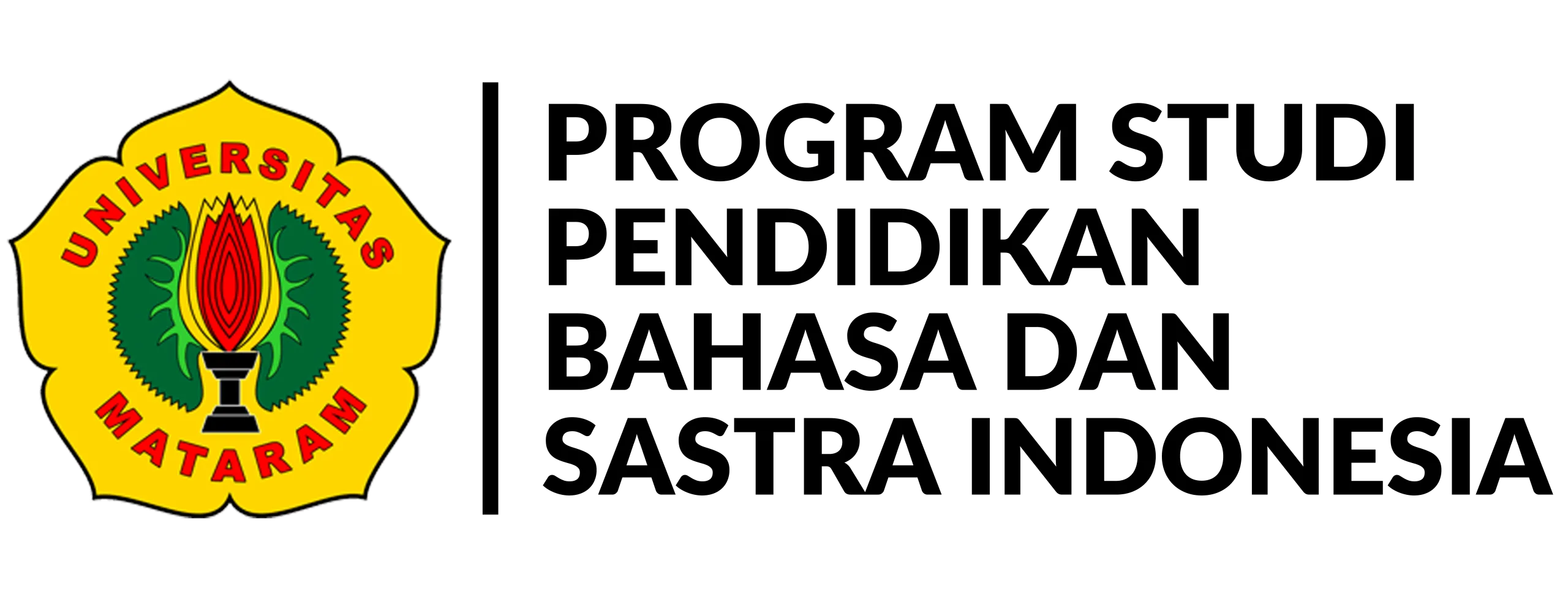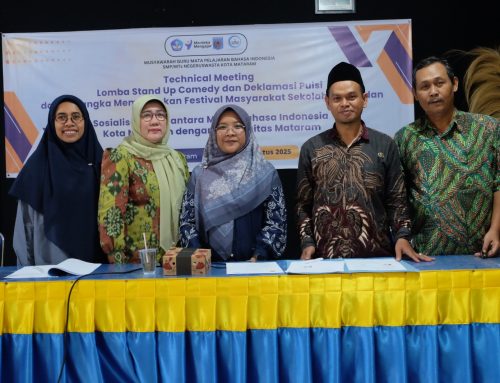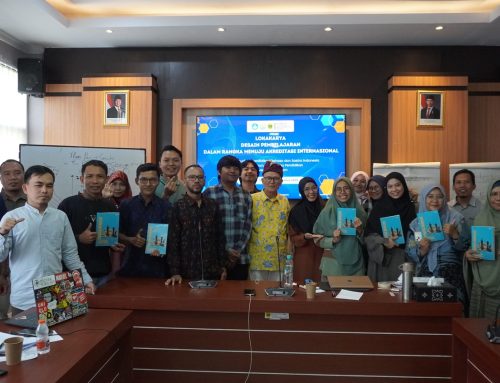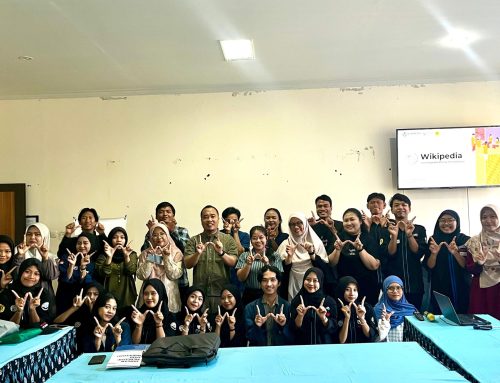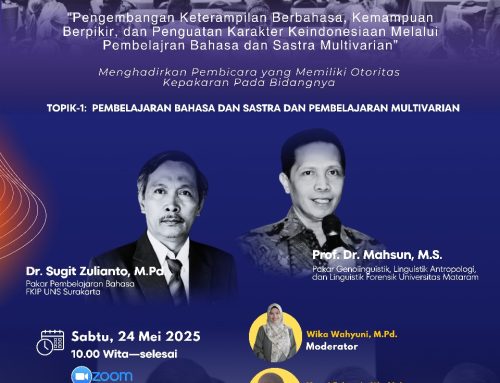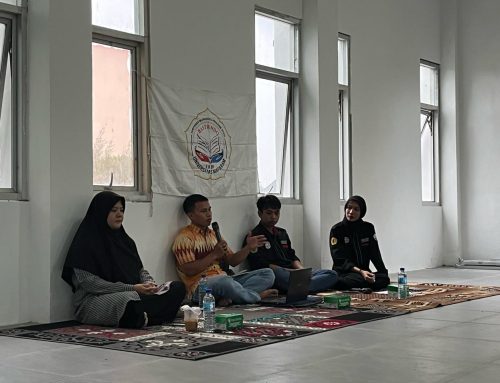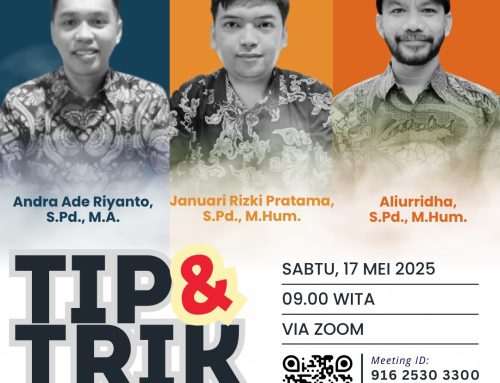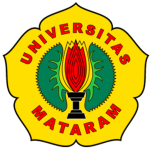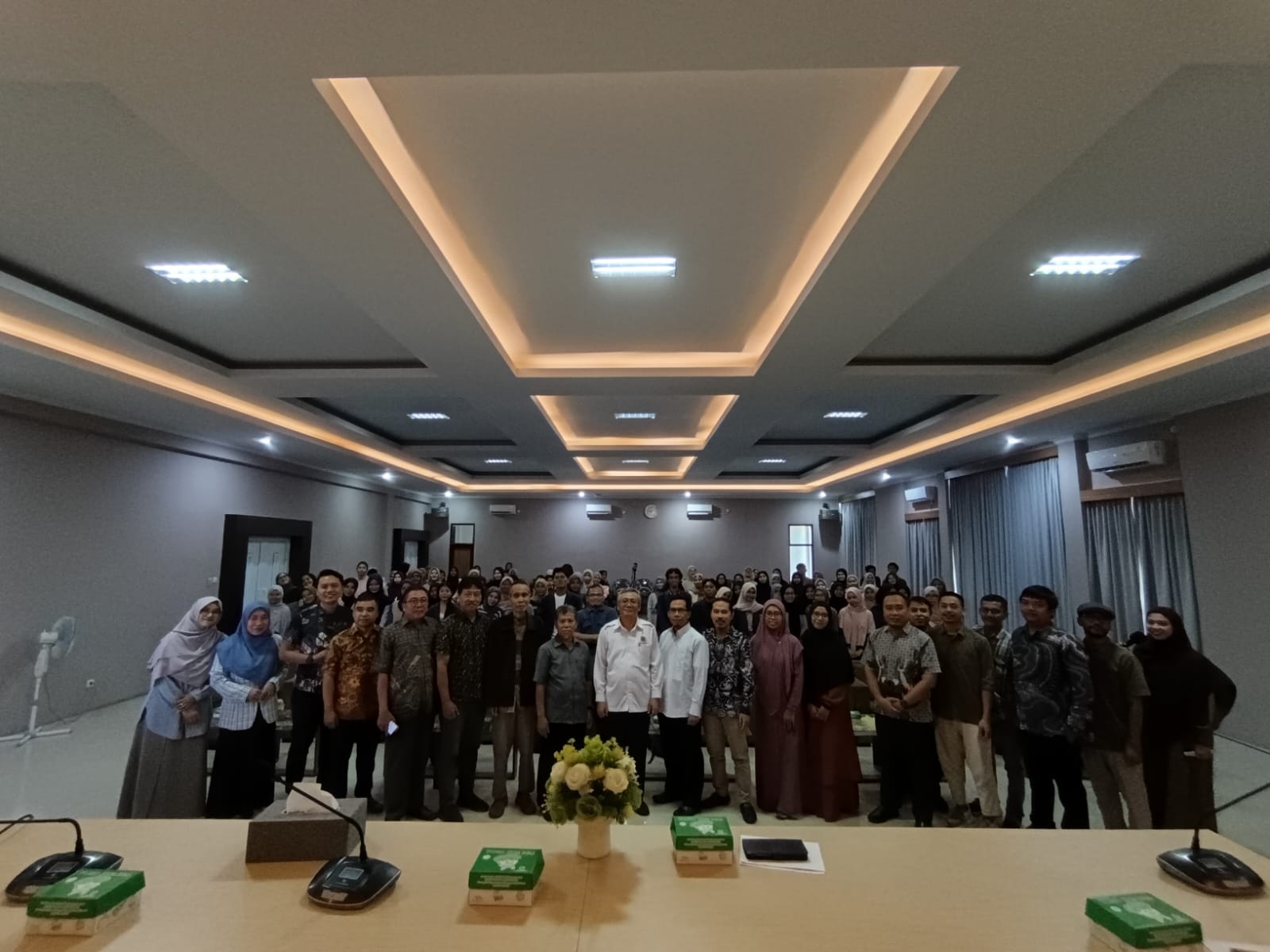
Mataram, December 3, 2024 – The Indonesian Language and Literature Education Study Program (Bastrindo) FKIP Unram held a public lecture with the theme Utilization of AI for Learning Indonesian Language and Literature and Writing Systematic Literature Review (SLR) Articles. This activity was carried out in a hybrid form: offline and online. Offline, this activity was carried out in the Hall Building A 3rd floor FKIP, University of Mataram. Online, this activity uses the Zoom platform and is displayed on a digital screen in the Hall Room Building A 3rd floor.
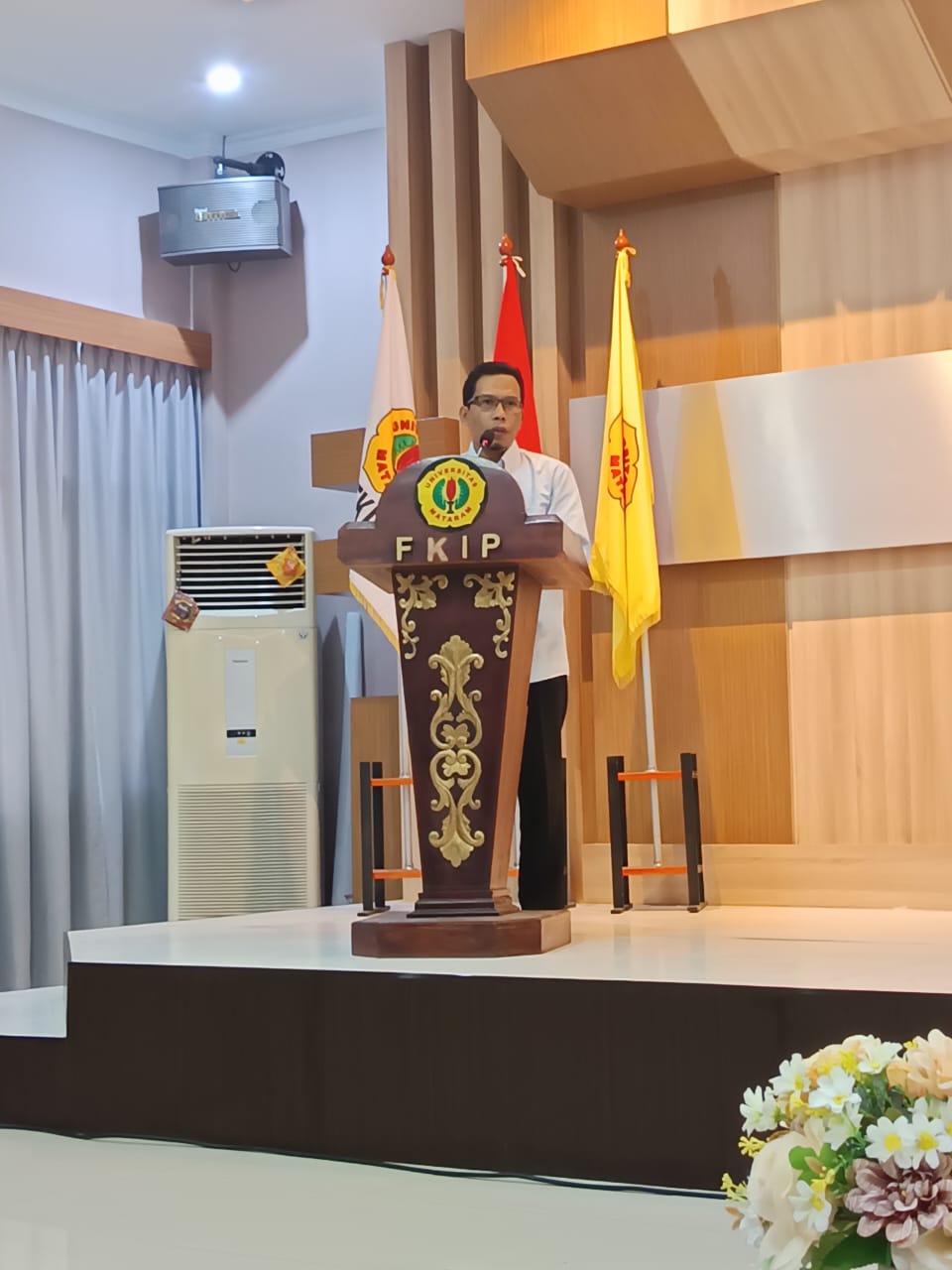
The event began with remarks from Dr. Saharudin, M.A. as the Head of the Indonesian Language and Literature Education Study Program. Dr. Saharudin explained that one of the problems that makes students delay graduation is the thesis. For so long the thesis has been a scourge for students because it is necessary to have a program that can help students overcome this problem, and this guest lecture program is expected to help students overcome this problem.
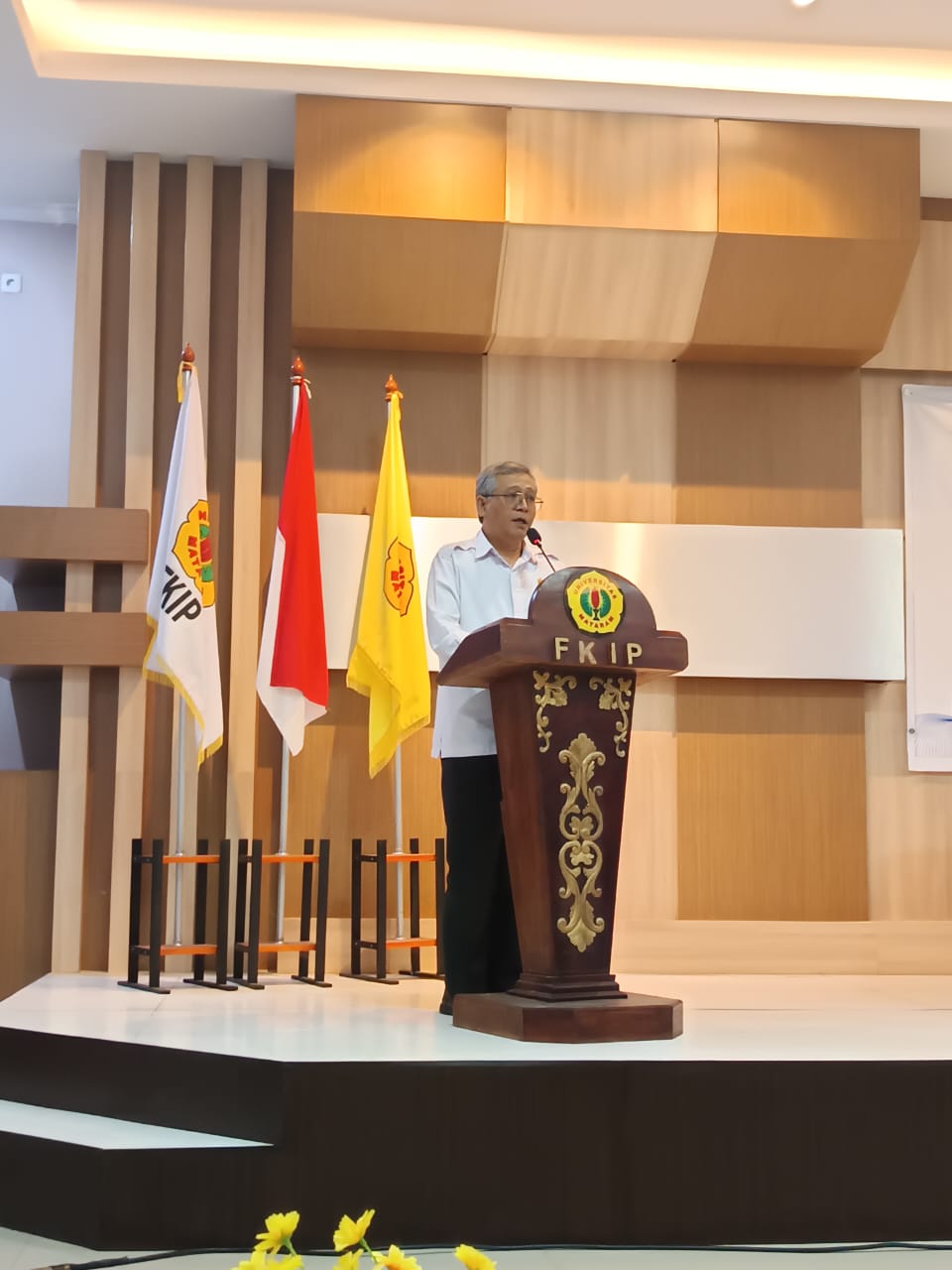
The guest lecture Utilization of AI for Learning Indonesian Language and Literature and Writing Systematic Literature Review Articles was then opened directly by the Dean of FKIP Universitas Mataram, Drs. H. Lalu Zulkifli, M.Si., Ph.D. After the Dean opened the event, the public lecture began. The first speaker was Dr. Eric Kunto Ariwobo, M.A. (erickunto.com), a lecturer at Klaten Dharma University. Dr. Eric presented the topic Optimizing Various AI Technologies for Indonesian Language Learning. In this session, the speaker explained the various kinds of AI that can be utilized in the learning process in the classroom. However, along with that, the speaker also warned of various kinds of risks from using AI, and therefore he asked students to be careful in utilizing it. The problems that can be caused are no less than the benefits. Users can lose their critical thinking skills and become dependent on artificial intelligence. Another problem is the bias of the data used to train it. Dr. Eric also pointed out some of the biases that arise from the use of artificial intelligence. After giving a warning, the speaker continued by presenting one of the artificial intelligence applications that can be utilized in learning activities, namely Diffit for Teacher (https://app.diffit.me/). Diffit for Teacher is an application or tool designed to assist teachers in comparing or checking changes to documents or teaching materials. Typically, this tool is used to check the differences between different versions of a document, such as a script, exam question, or course material, to ensure there are no errors or unwanted changes. This tool can help teachers to be more efficient in checking and managing teaching materials. The second speaker was Dr. Yaniasih, S.TP., M.P. Dr. Yaniasih currently works at the Data and Information Science Research Center, National Research and Innovation Agency. The speaker explained about the use of artificial intelligence to create a Systematic Literature Review (TPS). TPS is an approach to collect, analyze, and summarize existing research in a systematic, structured, and objective manner. Its main purpose is to provide a clear picture of existing knowledge on a particular topic, identify research gaps, and assist researchers in finding directions for further research. “Usually, the literature review is part of chapter two of the research. However, it can be a study in itself,” said the second speaker. For this reason, academics can utilize secondary data from previous studies to produce research in a faster and easier way.
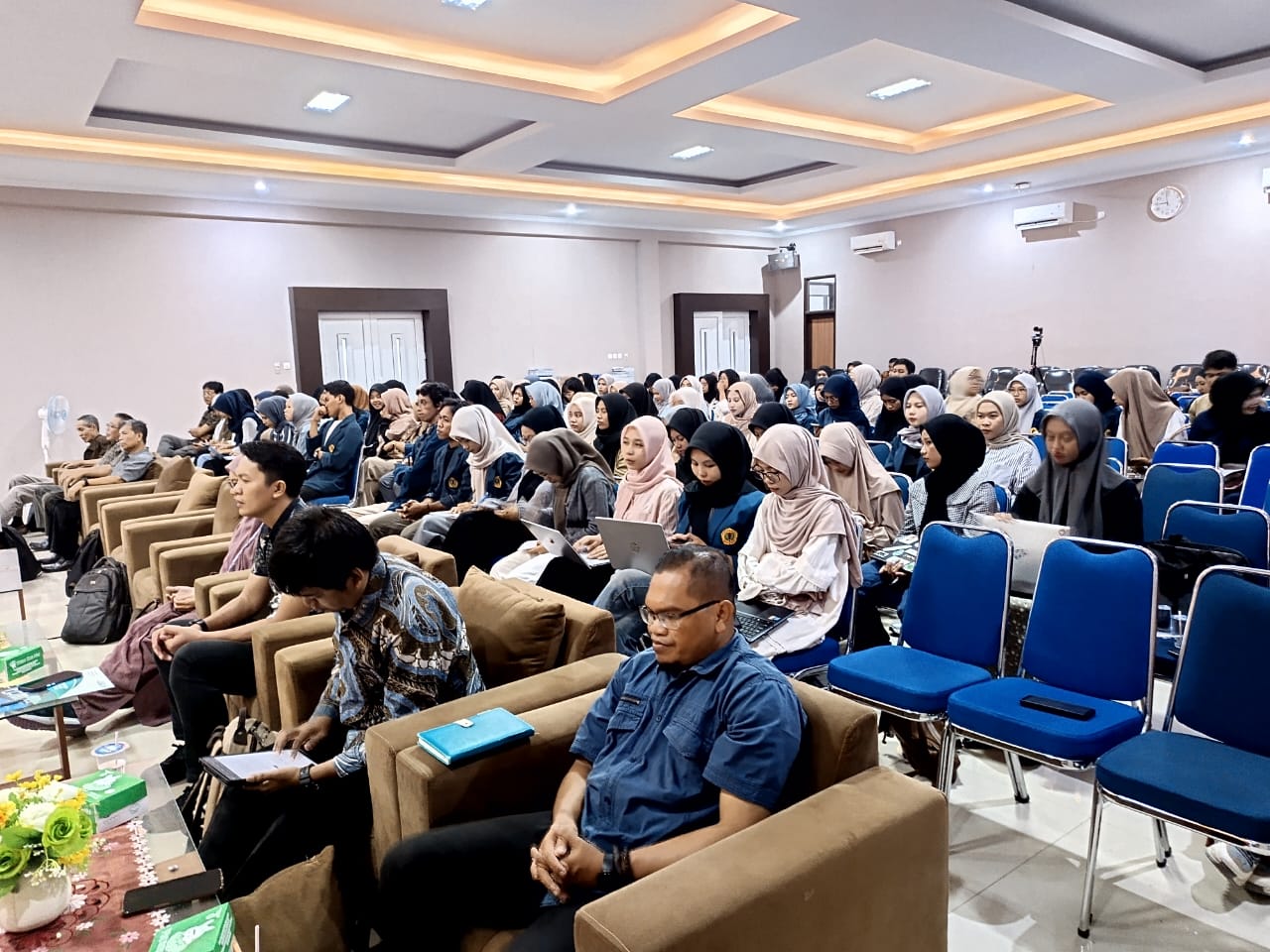
After the presentation session from the speaker was completed, this activity was continued with a discussion session. There were several questions from lecturers and students that sparked discussion to continue to the practical stage. Dr. Eric then asked all guest lecture participants to try using the Driffit for Teacher application. With the help of directions from Dr. Eric, the lecture participants tried to use this platform to help compile learning materials. Just by typing in a prompt, learning materials appear in seconds. This will greatly help the work of educators as long as they can utilize it wisely. (*)
